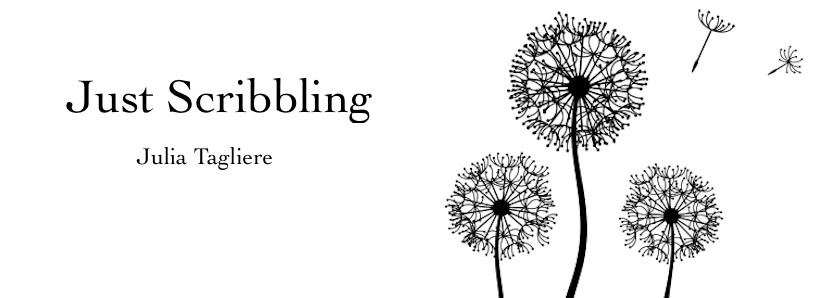 Let’s talk about mistakes today. We all make them. No matter how we might try to convince ourselves, or those around us, of the contrary, every single man, woman, and child on this blessed planet has made, is possibly making at this moment, and will continue to make, mistakes. Some are big; some are small. Some are stupid; some are careless. Some arise from haste; some arise from a surplus of trust. But we all make them. The difference in how a mistake affects us, however, is determined largely by how we handle it.
Let’s talk about mistakes today. We all make them. No matter how we might try to convince ourselves, or those around us, of the contrary, every single man, woman, and child on this blessed planet has made, is possibly making at this moment, and will continue to make, mistakes. Some are big; some are small. Some are stupid; some are careless. Some arise from haste; some arise from a surplus of trust. But we all make them. The difference in how a mistake affects us, however, is determined largely by how we handle it.
One of my favorite mistake-handling moments comes from The Lion King’s Rafiki, bludgeoning Simba with his staff to illustrate his personal take on mistakes (the clip talks about the past, but you get the point): We can either run from mistakes—wham!—or we can learn from them. Lesson: Get hit hard enough, you learn how to duck.
I’ll repeat that, in case you missed it:
Don’t run from your mistakes; learn from them.
Owning up to making a mistake is a tough thing to do. That’s why so many of us tend to run away instead, try to hide the fact that we goofed up, did something wrong. We blame others—any available scapegoat we can find to avoid shouldering that blame ourselves. All too often, the only thing all that responsibility-dodging does is make matters exponentially worse than they would’ve been if we would’ve just admitted to having screwed up, right from the start.
Don’t believe me? Think about the last five or six political scandals—how much more would you have respected those individuals if they would’ve just come clean at the start, said, “Hey, I really messed up. I don’t know what I was thinking, but whatever it was, it was stupid. I am sorry I did it, and I will take the full consequences of my actions.” Wow, politicians behaving honorably in the face of a jumbo, career-destroying screw-up? Yeah, I know—you can tell I write fiction, can’t you?
Well, I’m not a politician. I’m a human being, just like everybody else on the planet, prone to mistakes and missteps. I do try to learn from them, though, to take setbacks and turn them into learning opportunities. Even if the learning took place too late to help me, at least I can use that knowledge to help other people avoid making the same mistakes.
The roughly two weeks since the launch party for Widow Woman have been full of excitement, revelations, and, to be frank, mistakes. There aren’t many things I feel I would do differently, but there are a few. Publishing a book is a crazy, tough journey, and I know that the days and months ahead are going to bring more revelations and probably uncover more mistakes I made. But I’m only human, I’m learning as I go along, and I will happily share those lessons with others out there hoping for a smoother ride.
In the meantime, let me pass along something my wonderful husband shared with me when I bumped face-to-face into one of those mistakes (Errors in my book; fixes on the horizon, but not there yet. Ouch, ouch, ouch. Mine to catch and I missed them.). Without skipping a beat, he reminded me that one of the identifying features that makes a first edition of F. Scott Fitzgerald’s The Great Gatsby so priceless is the presence of mistakes that were corrected in subsequent editions.
Yeah, that’s right. Those first editions are valuable because the mistakes are there.
Now, I would never, ever, ever, put myself in the same class as Fitzgerald, but I have to admit, I found the notion that we had first-edition mistakes in common extraordinarily comforting.
After all, we’re all first editions, aren’t we?

Julia, that was a long road to tell us you are human–and as your book’s editor, so am I in that I too miss things that should be corrected. This following story has always given me hope that good books stand strong, regardless of errors. This woman author self-published her book, printing 4,000 at a time. By the fifth printing, which means she has already sold 16,000 books, she felt the book was finally error free. So it happens to the best of us. But the good news is you get a “do over” and can correct the errors. (A lot like parenting…)